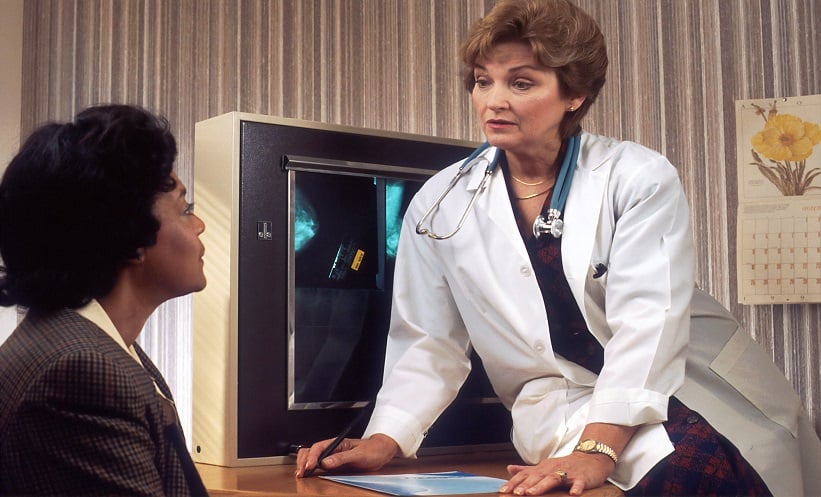ACCORDING to new research presented at the American Society for Radiation Oncology (ASTRO) Annual Meeting 2022, which took place on 23rd–26th October in San Antonio, Texas, USA, the sexual side effects of cancer treatment are discussed far less frequently with female patients than male patients, even when sex organs are directly affected.
Jamie Takayesu, University of Michigan Rogel Cancer Center, Ann Arbor, USA, and colleagues explored gender differences in the assessment of sexual dysfunction following brachytherapy for genitourinary cancers. In total, the analysis included 126 females with cervical cancer and 75 males with prostate cancer evaluated for brachytherapy from 2010 to 2021.
At the time of consult, the research team found that more males than females were asked about sexual function (89% and 13%, respectively; p<0.001), even though the female cohort was younger (median age of 51 years for females versus 69 years for males). Furthermore, none of the patients with cervical cancer had their sexual health assessed with a patient-reported outcomes tool compared with 81% of individuals with prostate cancer.
The investigators also evaluated studies in the National Institutes of Health (NIH) Clinical Trial Database that involved brachytherapy for prostate (n=78) or cervical (n=53) cancer to determine how often sexual health was assessed. Overall, prostate cancer trials were significantly more likely to include sexual function as a primary or secondary endpoint relative to cervical cancer trials (17% versus 6%; p=0.04).
In a statement addressing the study findings, Takayesu emphasised: “There seems to be a big disparity in the way we approach sexual dysfunction with our patients, where female patients are asked about sexual issues much less often than male patients are.” Takayesu added: “The only tools that we commonly recommend for women are lubricants and dilators, but even these are not great options. It’s easy for us to prescribe different medications for our male patients, but for our female patients, we don’t have that first step. I think that creates a barrier to bringing these issues up.”
Going forward, Takayesu said that it is the responsibility of doctors to start asking female patients about their sexual health more frequently. “If we don’t know about problems, we can’t solve them,” noted Takayesu.








